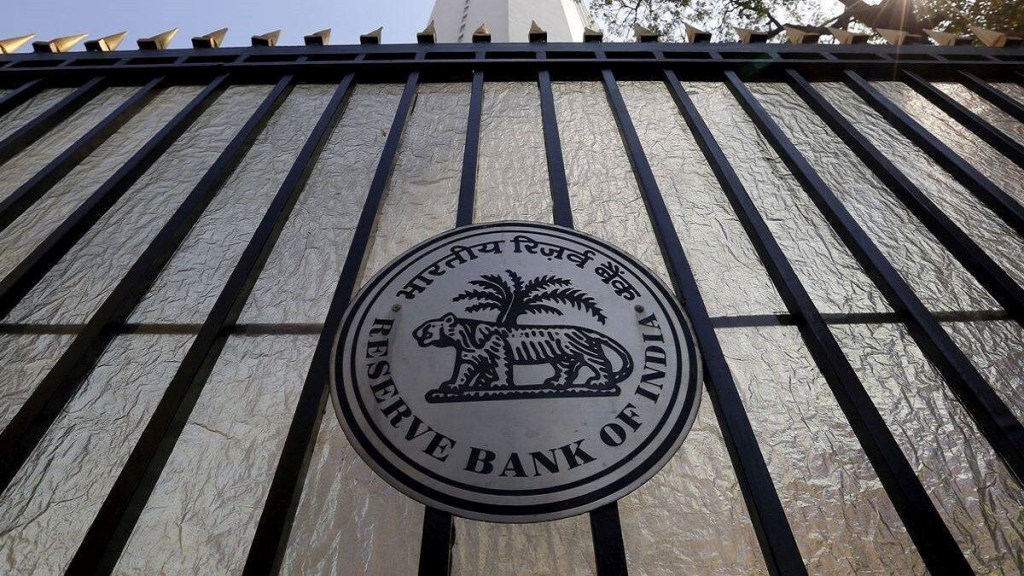The Reserve Bank of India (RBI) is in talks with lenders to deepen the secondary loan market in the country, especially with regard to the inter-bank transfer of corporate loan accounts, banking sources told FE.
The regulator has held talks with the Indian Banks’ Association (IBA) to boost the participation of lenders in the platform created by the Secondary Loan Market Association (SLMA) for this purpose, said a senior banker. A vibrant secondary corporate loan market can potentially help banks exit toxic assets quickly, bankers said.
The SLMA is a self-regulatory body, formed by major banks—both public and private—following the recommendations of an RBI panel under former Canara Bank chairman TN Manoharan to promote the development of the secondary market for corporate loans.
The renewed focus on such a market for corporate loans assumes importance, as inter-bank bilateral transactions of loan accounts have been relatively infrequent, even though lenders have been transferring a significant amount of their stressed loan portfolio to asset reconstruction companies (ARCs) in recent years. Moreover, the country’s securitization market has mostly evolved in the retail segment and there has been no major break-through in the corporate loan segment.
Also Read | Bad loan write off, window dressing by Indian banks; role of AI in minimizing financial frauds
The IBA has now decided to encourage its member-banks to participate vigorously in the secondary market through the SLMA platform, and facilitate meetings between lenders and the SLMA executives for this purpose, said a banker.
The move also comes at a time when credit offtake has been rising at a rapid pace. Non-food bank credit grew as much as 17.6% on year in November, against 7.1% a year before. Credit growth to industry accelerated to 13.1% in November, against 3.4% a year ago, according to the latest RBI data.
The SLMA typically standardises and simplifies documentations for the purchase and sale of loans and engages with regulators on key matters affecting the loan market, among others.
The sale of corporate loans by a bank typically opens up purchase opportunities for others. It helps a bank manage asset-liability mismatch, trim concentration risks, rebalance exposure and get into strategic sales. This market offers an opportunity for lenders to exit loans even before a default.
Also Read | Rate hikes may ease; banks to scurry for deposits
While issuing a master circular on the transfer of loans in September 2021, the RBI said: “A robust secondary market in loans can be an important mechanism for management of credit exposures by lending institutions and also create additional avenues for raising liquidity.”

